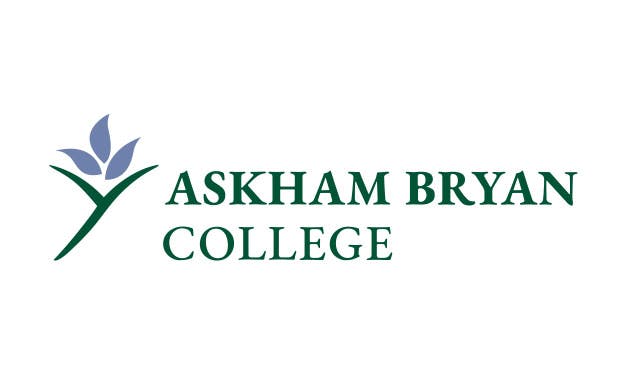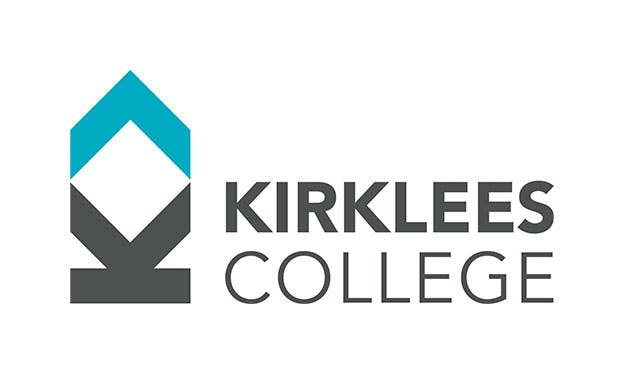7 December 2018
Skills will be an 'integral' part of UK Shared Prosperity Fund plans
The Leeds City Region Enterprise Partnership (LEP) is calling for the new UK Shared Prosperity Fund (UKSPF) to exceed current funding guaranteed through EU funds.
The West Yorkshire Consortium of Colleges is backing the LEP’s call for more funding to make sure that colleges in the region can continue to deliver projects that meet the skills needs.
The LEP is also calling for a reduction in red tape around future funding, giving local areas the freedom to allocate funding according to local priorities and plans.
The Leeds City Region Enterprise Partnership (LEP) is asking Government to guarantee funding that exceeds the amount that the region currently receives from European Structural and Investment Funds (ESIF) and the Leeds City Region Growth Deal once the UK leaves the EU in March.
Louise Tearle, Partnership Director at WYCC said, “We’re pleased to be part of the discussions about these future funding opportunities. FE colleges are integral to the ambitions of the Shared Prosperity Fund and our close relationship with the LEP allows us to make sure the region’s workforce is capable of achieving economic growth.”
The Leeds City Region Enterprise Partnership is calling for the post-Brexit funding for local economic growth to exceed existing domestic and EU funding allocations for the Leeds City Region, and put more control of funding decisions in local hands.
Speaking at an event last month which explained the opportunities to bid for the remaining ESIF funding before the UK leaves the EU, Roger Marsh OBE, Chair of the Leeds City Region Enterprise Partnership and of the City Region’s ESIF Local Sub-Committee, highlighted the need for the UK Shared Prosperity Fund to continue supporting economic growth and social inclusion on this scale.

Roger Marsh OBE, said, “It’s fantastic to see the positive impact of ESIF funding in Leeds City Region on our economy and, most importantly, on people’s lives. With Brexit only a few months away though, we need some encouraging signals from Government about the direction of the UK Shared Prosperity Fund and assurances that Leeds City Region will be allocated funding which supports our continued prosperity and economic growth.
“Local small and medium sized enterprises (SMEs) make up 99% of the City Region’s business base and it is critical we give the business community as much time as possible to plan, especially in light of uncertainties around the UK Brexit deal.
“Through our ESIF allocation and our £1 billion Growth Deal, we’ve shown what we can achieve and it’s critical that we maintain this momentum after Brexit and beyond. Any financial loss if funding is stopped, paused or of less value, could have a significant impact on businesses, employment and skills.”
The Government has announced the creation of a new UK Shared Prosperity Funding after Brexit, using funding repatriated from the EU. The LEP is making the case that this should be made available to local areas as a single funding pot to remove unnecessary complexities and eligibility rules in the current model and ensure investment is properly targeted to meet local needs.
The Leeds City Region currently receives £350m ESIF over six years to promote economic growth, social inclusion and rural development. The region also receives over £100 million in Growth Funding annually.
Projects which have been allocated ESIF funding in Leeds City Region since 2014 are forecast to create over 8,000 jobs and support over 10,000 SMEs by 2020.
In addition, through the European Social Fund over 23,000 people in employment will be supported to progress in the workplace including the West Yorkshire Consortium of Colleges’ Reach Higher, More Skills Better Jobs and The Skills Service contracts.
The City Region’s ESIF allocation is split into three funding components: the European Regional Development Fund (ERDF), the European Social Fund (ESF) and the European Agricultural Fund for Rural Development (EAFRD).















Comments